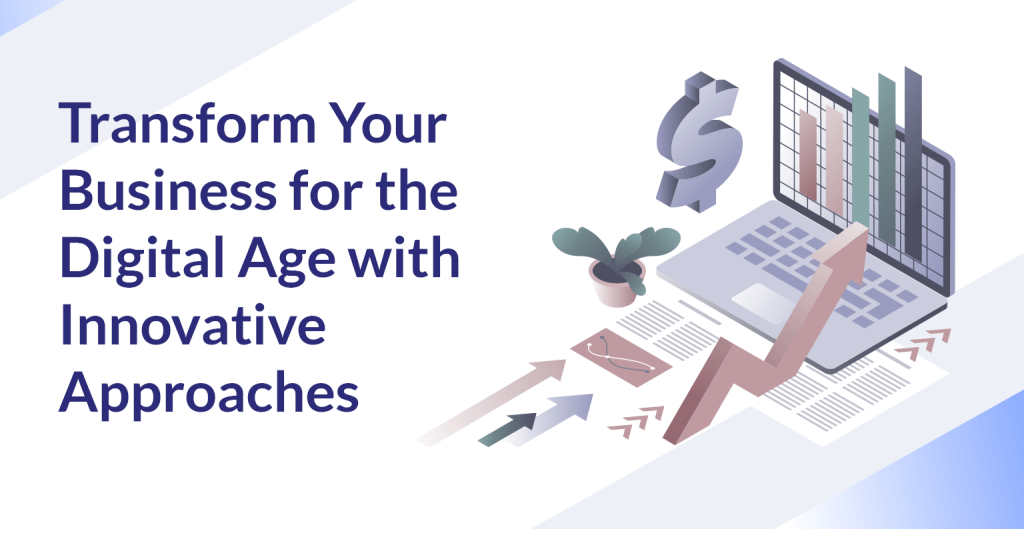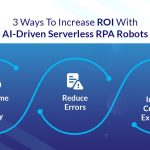The global digital transformation strategy will unravel in unexpected ways in 2023. Companies will network and bring about change in ways that were previously not possible. This will create opportunities that were not available before. Additionally, the digital evolution will witness a phase of democratic capitalization where small businesses can take advantage of digital transformation strategies and increase their chances of success. Additionally, successful companies will be willing to spend more on getting value from their digital assets through digital transformation processes.
There are several approaches that can be used to improve the digital economy. Here are some of the transformations that we foresee.
Digital Transformation Strategy in 2023

The market for cloud services is growing rapidly, and it will continue to grow. As a result, the demand for different cloud services will be strong. To meet the needs of various types of operations, cloud computing models are available in three deployment types. Infrastructure-as-a-Service (IaaS), Platforms-as-a-Service (PaaS), and Software-as-a-Service (SaaS). When selecting the ideal infrastructure model, it is crucial to take a closer look at the service offerings.
1. Automation with AI and RPA software solutions:
The demand for automation solutions is on the rise and continues to grow. RPA (robotic process automation) and AI software processes will be easily available for even small businesses to benefit from. By utilizing AI and RPA software, businesses can automate their repetitive and time-consuming tasks, improve efficiency, and reduce errors. The workplace will see a digital transformation journey as companies implement business process automation with AI and RPA software solutions and automate their workflows. By embracing these technologies, businesses can gain a competitive advantage and achieve greater success in today’s digital age.
2. The right cloud models:
There are pros and cons to each model, and it’s important to understand them rather than just selecting the first choice that you come across to scale up as needed. Ultimately, the best cloud model for your needs may depend on various factors, such as your business goals, budget constraints, technical requirements, data sensitivity, etc. You may want to consult with one of our cloud experts and do more research before making a decision, which indirectly adds a subliminal tone of prospecting.
3. Integrating AI into business functions:
Artificial intelligence is influencing humankind’s future in almost every sector of the economy. Sequential logic was once used to program computers so that they would carry out a set of predetermined tasks. To get better value from AI, machines need to learn about things as they happen and make decisions in real-time.
The big data and analytics market is growing rapidly because businesses want to capture more data. AI is still in its early stages of development. Its implementation in business processes is still in the works for many companies. However, over time, the benefits will become clear. AI will have matured with the digital evolution to the point where it can be deployed in more widespread use cases within organizations. This will lead to both cost savings and revenue increases.
Culminating the facts:
The digital transformation strategy will create a cohesive ecosystem for information, creation, exchange, and use. The sharing of information and the ability to monetize that information will be at the heart of this new digital transformation strategy. Automation with AI, RPA software solutions, and the demand for different cloud services will increase rapidly. These approaches will help businesses gain a competitive advantage and achieve greater success in today’s digital age. Be it selecting the ideal infrastructure model, enabling RPA in the business process, or integrating AI in your operation system.
Integrating AI into business functions is still in its early stages of development, but over time, the benefits will become clear. RPA is an essential tool for this business transformation to unlock the potential of their data. The right cloud model is a necessity for every small and large entity. Ultimately, the digital transformation strategy for your needs may depend on various factors, such as business goals, budget constraints, technical requirements, data sensitivity, etc.





